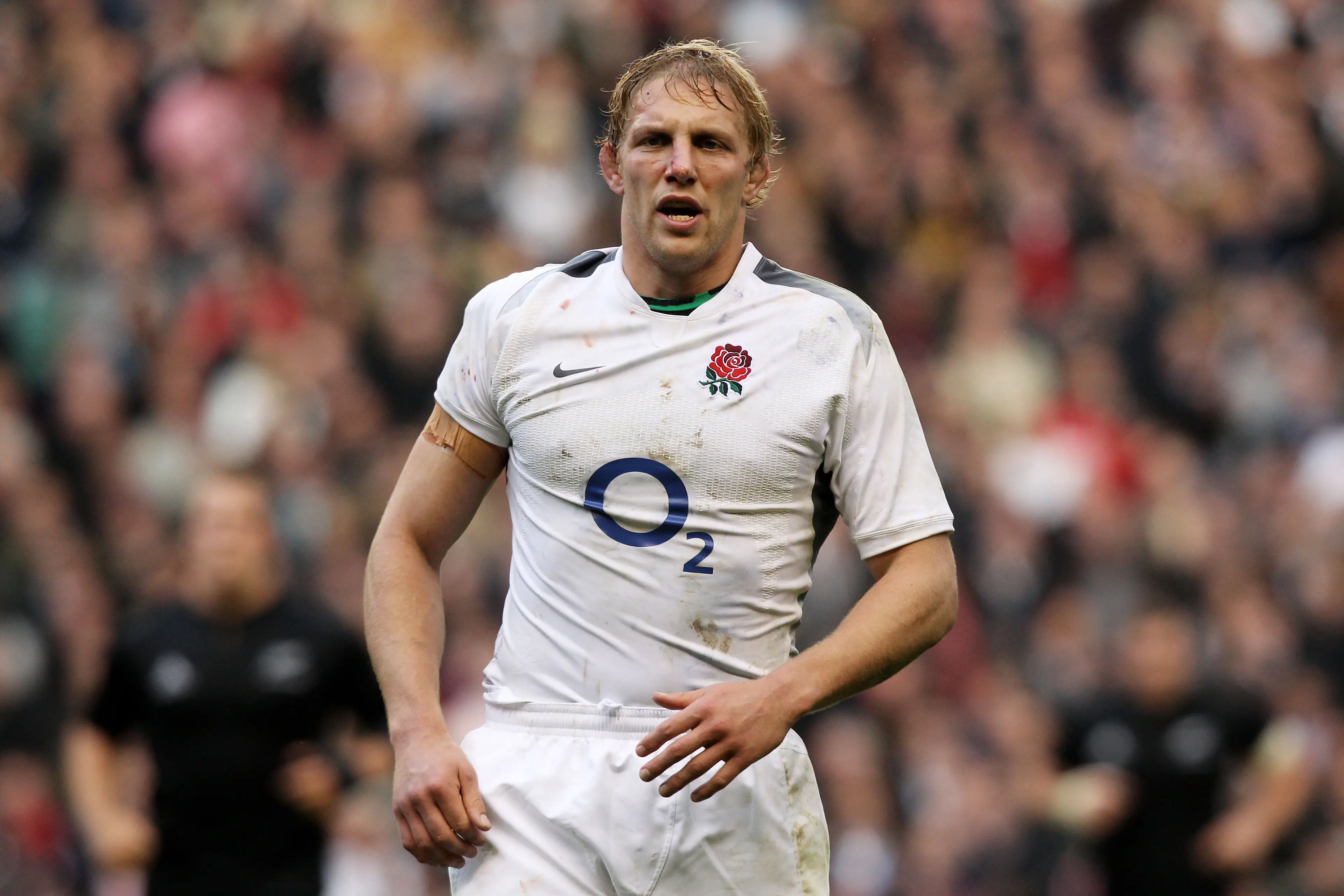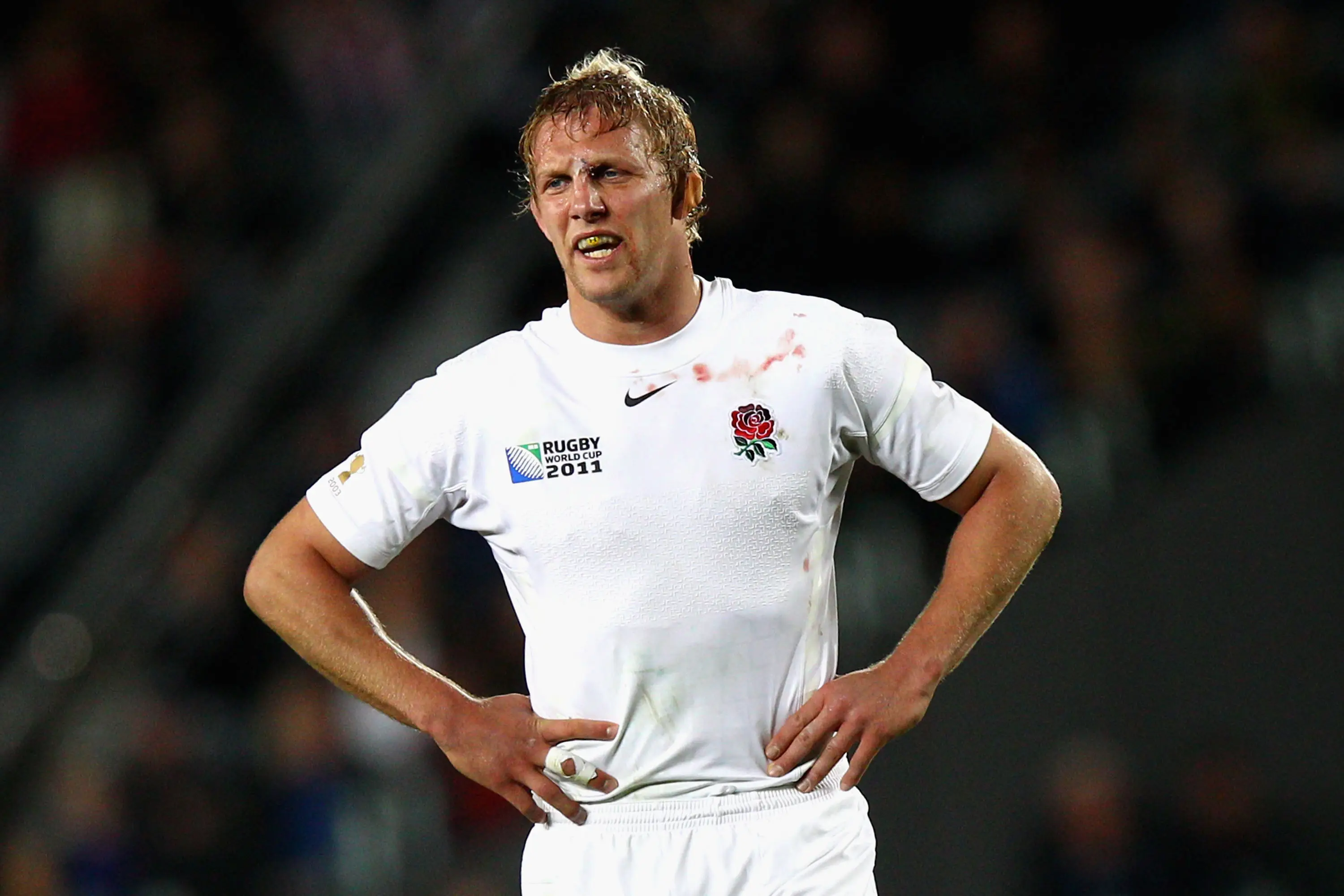
There are a number of early symptoms of MND you can watch out for as England rugby legend Lewis Moody reveals his diagnosis of the disease at the aged of just 47.
Moody, who lifted the Rugby World Cup with England in 2003 has revealed that he has been diagnosed with motor neurone disease. The former England captain discovered that he had MND, when he noticed weakness in his shoulder while training in the gym.
Although Moody initially underwent physiotherapy to try and fix the problem, further scans revealed that nerves in his brain and spinal cord had been damaged by the disease. In a social media post, he wrote: "I feel fit and well in myself and I'm focused on staying positive, living life and dealing with the changes I will experience as they come.
"I am being well supported by my family, friends and medical professionals and I'm truly grateful to those who, in their time, helped progress research to support others, like me, living with this disease.
Advert
"Since retiring from the sport I love, and alongside my wife Annie, I've been able to dedicate much of the past 12 years to fundraising for The Lewis Moody Foundation in support of those affected by brain tumours."

What is motor neurone disease?
Motor neurone disease affects the nerves in the brain and spinal cord that tell your muscles what to do.
It is a rare disease, with a person's risk of developing it around one in 300 during their lifetime.
However, there are a number of early signs and symptoms to look out for, according to the MND association website.
They include:
- Muscle twitching
- Tingling or pins and needles
- Numbness in hands, feet and limbs
- Fatigue or extreme tiredness
- Tripping and one or both legs getting weaker
- Dropping things due to weak or stiff hands
- Slurred/ faint speech
- Swallowing difficulties
- Breathing problems
- Emotional outburst
- Changes to thinking/behaviour.
The MND Association encourages anyone experiencing concerning symptoms to contact their local doctor or GP for advice.
They also stress that the disease is uncommon and that these symptoms may be caused by other issues.

Is there a cure for MND?
At present, there is no cure for the disease.
But, a new drug called tofersen has been developed that can help slow down, or even partially reverse symptoms for around one in 50 patients.
It has been approved in the European Union, but is not yet available in the UK.
Currently, riluzole is the only drug licensed for the treatment of MND in the UK and available through the NHS.
Some people can live with MND for several years, such as Stephen Hawking, who was diagnosed at the age 22 and lived until he was 76.
But for most, the disease progresses quickly, with the majority of people dying within three years of diagnosis.
Topics: Rugby, Rugby Union
